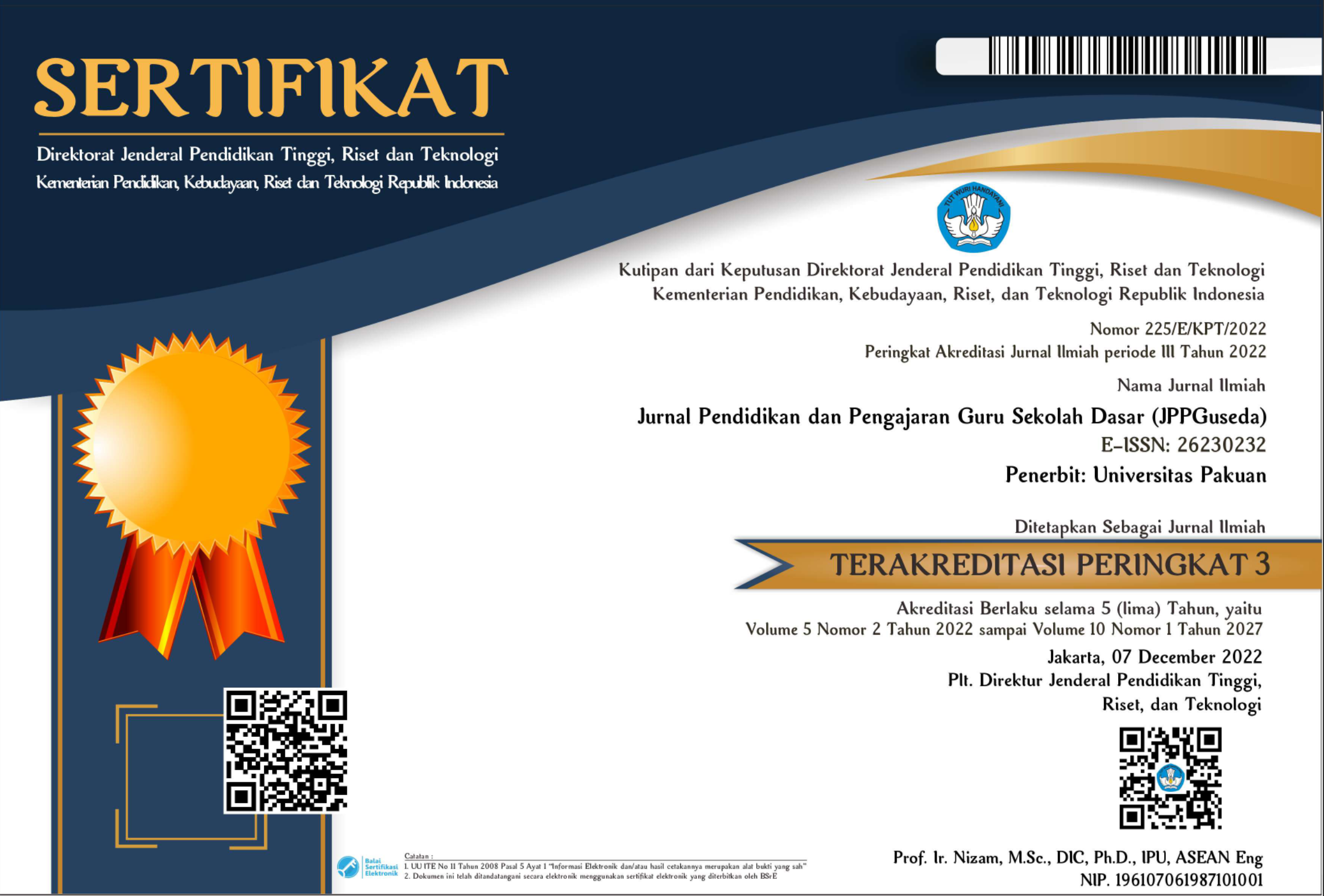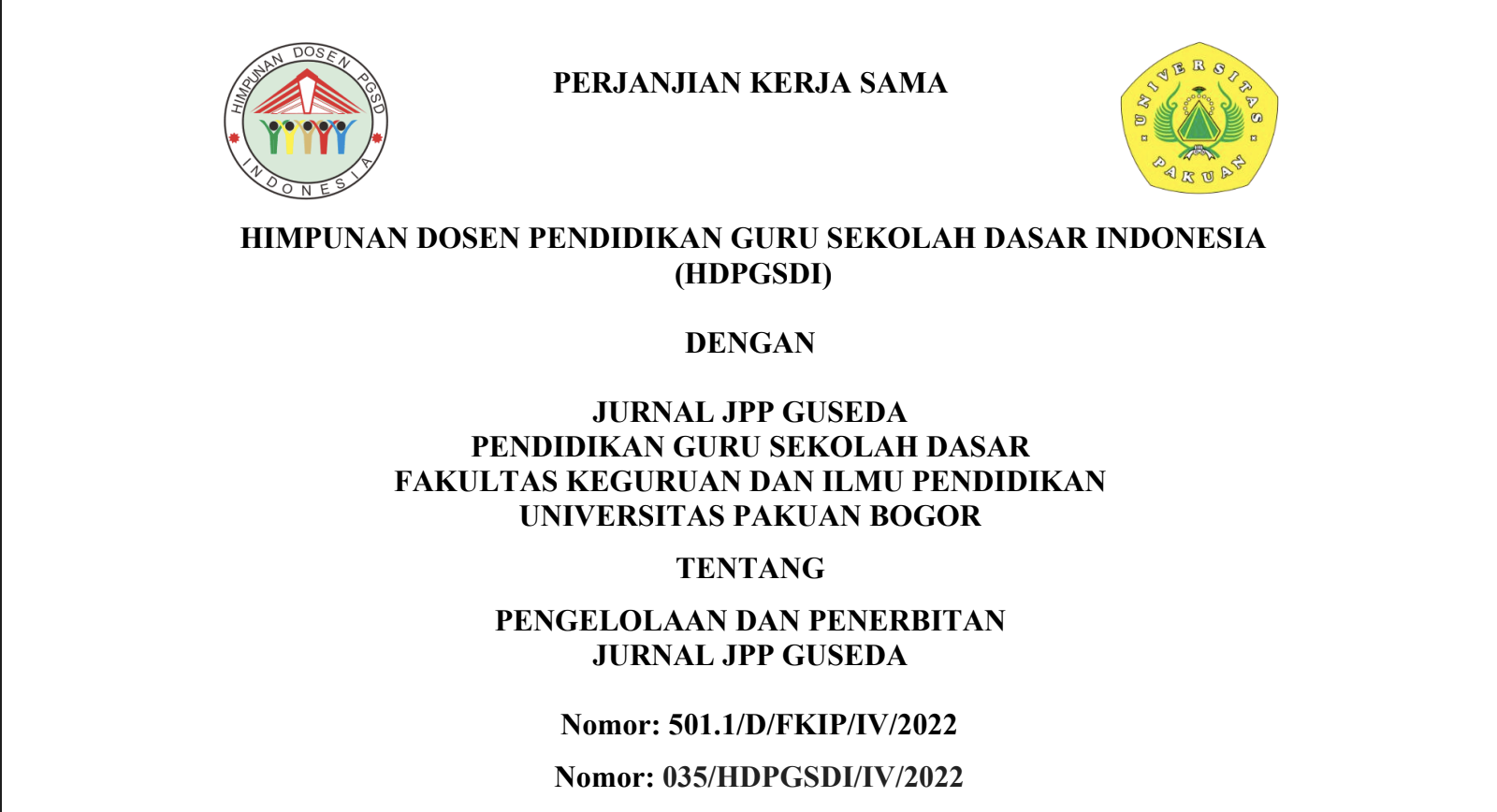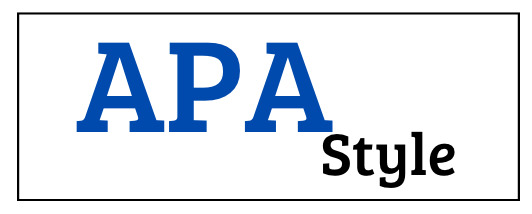Improving Elementary Students' Science Literacy Through Game-Based Learning Supported By Baamboozle Media
Abstract
Keywords
References
Abdullah, Maria, and Kamisah Osman. 2010. “21st Century Inventive Thinking Skills among Primary Students in Malaysia and Brunei.” Procedia - Social and Behavioral Sciences 9:1646–51. doi: 10.1016/j.sbspro.2010.12.380.
Aoliyah, Nurlutfi. 2023. “Penggunaan Teknik Game-Based Learning Dalam Pembelajaran Sejarah Dan Dampaknya Terhadap Minat Belajar Siswa.” Kala Manca: Jurnal Pendidikan Sejarah 11(1):31–36. doi: 10.69744/kamaca.v11i1.205.
Council, National Research. 2009. National Science Education Standards Supported. Vol. 26.
Fadilla, Aylinda Nurul. 2023. “Science, Technology, Engineering and Mathematics (Stem) Approaches To Improving Students’ Learning Outcomes in the Subject of Redox Reactions.” Jurnal Pembelajaran Sains 6(1):41. doi: 10.17977/um033v6i1p41-47.
Firosa Nur Aini. 2018. “Pengaruh Game Based Learning ..... Volume 6 Nomor 3 Tahun 2018 PENGARUH GAME BASED LEARNING TERHADAP MINAT DAN HASIL BELAJAR PADA MATA PELAJARAN EKONOMI SISWA KELAS XI IPS Firosa Nur ‘ Aini Program Studi Pendidikan Ekonomi , Fakultas Ekonomi , Universitas.” Jurnal Pendidikan 6:249–55.
Hermawan, Wawan. 2024. “Sosialisasi Pemanfaatan Game Base Learning (GBL) Dalam Pembelajaran Di SMP N 2 Ngronggot.” Communnity Development Journal 5(1):1263–69.
Irianto, Putri Oviolanda, and Lifia Yola Febrianti. 2017. “Pentingnya Penguasaan Literasi Bagi Generasi Muda Dalam Menghadapi Mea.” Conference Proceedings Center for International Language Development of Unissula 640–47.
Iskandar, Sofyan, S. Primanita Rosmana, Adela Agnia, Gaida Farhatunnisa, Pingkan Fireli, and Rayi Safitri. 2022. “Pengunaan Aplikasi Baamboozle Untuk Meningkatkan Antusias Belajar Siswa Di Sekolah Dasar Sofyan.” Jurnal Pendidikan Dan Konseling 4(6):12052.
Jupriyanto, Jupriyanto, and Turahmat Turahmat. 2018. “Bahan Ajar Multimedia Interaktif Ilmu Pengetahuan Alam Sebagai Media Pembelajaran Inovatif.” Jurnal Ilmiah Pendidikan Dasar 4(2):119. doi: 10.30659/pendas.4.2.119-128.
Kemendikbud. 2020. “Literasi Sains.” Gerakan Literasi Nasional 1–36.
Larasati, Andini, and Rizky Pratama. 2024. “Pembelajaran Game-Based Learning Dalam Pengajaran Sains Untuk Siswa Kelas 2 Sekolah Dasar Di Sekolah XYZ Jakarta.” 4(June):88–95.
Linder, Anne, John Airey, Nokhanyo Mayaba, and Paul Webb. 2014. “Fostering Disciplinary Literacy? South African Physics Lecturers’ Educational Responses to Their Students’ Lack of Representational Competence.” African Journal of Research in Mathematics, Science and Technology Education 18. doi: 10.1080/10288457.2014.953294.
Mukti, Taufiq Satria, Melly Elvira, and Zaharah Binti Hussin. 2023. “Development of the Game-Based HOTS Assessment Instrument for Measuring Science Literacy Skills of Islamic Elementary School Students.” Al Ibtida: Jurnal Pendidikan Guru MI 10(1):63. doi: 10.24235/al.ibtida.snj.v10i1.11393.
OECD. 2019. PISA 2018 Assessment and Analytical Framework.
Sugiyono. 2019. “Metode Penelitian Pendidikan (Kuantitatif, Kualitatif, Kombinasi, R&D Dan Penelitian Pendidikan). Metode Penelitian Pendidikan, 67.” Teaching, Learning and Development 1(1):43–53. doi: 10.62672/telad.v1i1.8.
Triutami, Nita, Nur Ika, Sari Rakhmawati, and Wulan Patria Saroinsong. n.d. “PENGEMBANGAN GAME ‘ LITTLE DANGER ’ UNTUK STIMULASI LITERASI SAINS ANAK USIA 5-6 TAHUN.” 12(1):203–12.
Wahyu, Endah. 2020. “Analisis Buku Siswa Mata Pelajaran IPA SMP/MTs Kelas VII Semester I Berdasarkan Kategori Literasi Sains.” 500.
Wibawa, Aisyah Cinta Putri, Hashina Qiamu Mumtaziah, Lutfiah Anisa Sholaihah, and Rizki Hikmawan. 2020. “Game-Based Learning (Gbl) Sebagai Inovasi Dan Solusi Percepatan Adaptasi Belajar Pada Masa New Normal.” INTEGRATED (Journal of Information Technology and Vocational Education) 2(1):49–54. doi: 10.17509/integrated.v3i1.32729.
Wulandari, Sekar Ayu, and Sani Safitri. 2024. “Penerapan Metode Game Based Learning Dalam Materi Sejarah Bandung Lautan Api Di Kelas XI IPS SMA Negeri 4 Pagar Alam.” JIPSOS: Jurnal Inovasi Pendidikan Dan Ilmu Sosial 2(1):334–41.
yuyu yulianti. 2017. “LITERASI SAINS DALAM PEMBELAJARAN IPA.” Prosiding SNFA (Seminar Nasional Fisika Dan Aplikasinya) 2(2):257. doi: 10.20961/prosidingsnfa.v2i0.16408
DOI: 10.55215/jppguseda.v8i1.11358
 Abstract views : 208
Abstract views : 208
Refbacks
- There are currently no refbacks.
Copyright (c) 2025 Iva Lathifah

This work is licensed under a Creative Commons Attribution-NonCommercial-ShareAlike 4.0 International License.




















